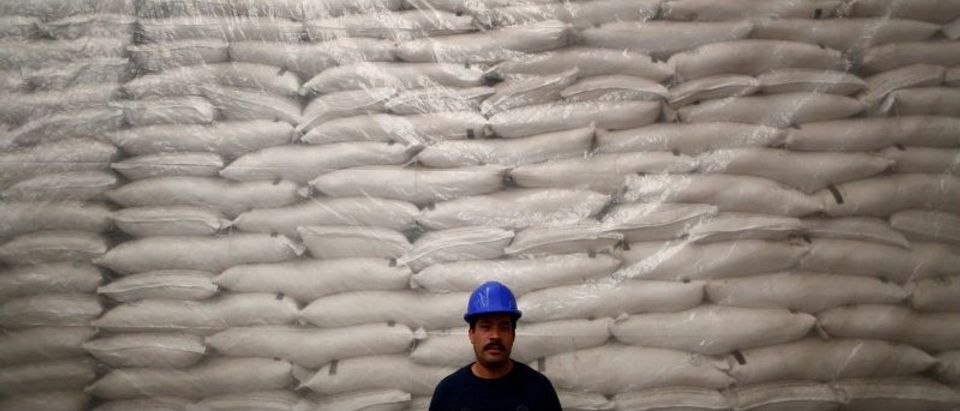There is no better illustration of the adage that there is nothing more permanent than a temporary program than the federal sugar program. The Sugar Act of 1934 named sugar beets and sugarcane basic commodities, and put quotas on domestic sugar segments, foreign imports, and included marketing allotments and labor provisions. It was supposed to sunset at the end of 1937.
But the sugar program has survived another 80 years, thanks to the efforts of a narrow interest group (the well-heeled Big Sugar lobby), which has persuaded members of Congress that the sugar industry must perpetually feed at the trough of federal subsidies. Farm bill after farm bill, the sugar program gets the rubber stamp of approval, including from policymakers who bill themselves as fiscal conservatives.
There is nothing conservative about supporting a corporate welfare program that benefits wealthy sugar processors and large farms at the expense of hardworking Americans.
According to the Coalition for Sugar Reform, the sugar program costs U.S. consumers $3 billion annually in the form of higher prices for the food, drinks, and snacks. These additional costs are a direct result of government interference in the sugar market, including arbitrary limits on domestic production and imports, federal loans, and price supports that force taxpayers to guarantee the income of sugar producers when their command-and-control system fails.
Big Sugar claims the sugar program is a sweet deal that costs taxpayers nothing. However, between 2013 and 2014, taxpayers were forced to pay more than $250 million to bail out the sugar industry. Between 2000 and 2001, taxpayers had to shell out almost a half billion dollars. The sugar program mandates that the Department of Agriculture must purchase (at taxpayers’ expense) excess domestic sugar and remove it from the U.S. market to prop up prices for producers. The surplus sugar is the result of arbitrary government restrictions and import quotas. The Congressional Budget Office forecasts millions more in taxpayer costs over the next 10 years. The program provides zero protection to American taxpayers.
On top of the handouts to Big Sugar from Uncle Sam, the mom-and-pop shops that use sugar in their products, as well as some of America’s iconic household brands, are placed at a significant competitive disadvantage as they compete with imported products that are made with sugar that is priced at about half of what it costs in this country. The sour result of this program is the loss of more than 120,000 food industry manufacturing jobs in the U.S. over the past two decades.
If Congress and the Trump administration are serious about bringing jobs back to America and creating opportunities for U.S. workers and companies, they should consider fixing the sugar program in the 2018 farm bill. Those reforms should include eliminating job-killing regulations, from repealing unnecessary quotas on U.S. production and eliminating higher price supports to ending the straitjacket on the secretary of Agriculture’s ability to allow in imports when domestic sugar runs dry.
But supporters of the sugar program reform should be aware that even when Big Sugar gets much of what it wants, as occurred during the ongoing negotiations with Mexico over sugar imports into the U.S., the goal posts will inevitably move again. Nothing short of permanent price protection will ever satisfy these sugarcane cronies.
They have even devised faux reform proposals, such as the so-called “zero-for-zero” approach, under which the U.S. will eliminate its subsidies if other countries do the same. This cynical approach by the sugar lobby, which knows that those countries are highly unlikely to do so, is just another way for Big Sugar to keep its subsidies in place while everyone else in America pays the price.
Members of Congress, especially those who came to Washington to change the status quo, should not be tempted by Big Sugar’s “zero-for-zero” baloney. The only way to sweeten the deal for taxpayers is to reform the outdated sugar program.


